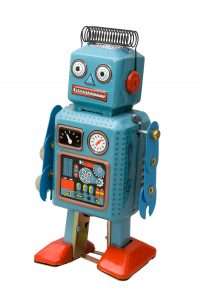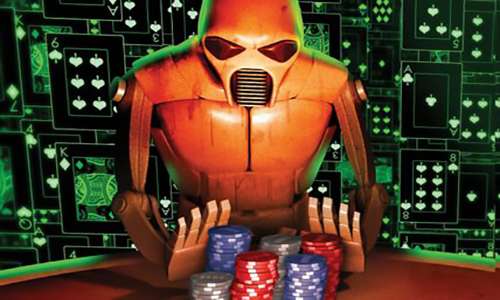What Can Be Done to Foil Third-Party Online Poker Software?
The biggest trend – if you can call it that – in the online poker industry the last few years has been the move by the poker rooms away from catering to pros and hardcore grinders and toward recreational players. Poker rooms continue to implement policies to try to make life at the tables more enjoyable for casual players and for good reason. For one, poker is a game, it is supposed to be fun. And more importantly for the poker rooms, a lack of fun leads to player defections, which leads to less revenue. Recently, PokerStars banned seating scripts to try to solve the problem and reports are that partypoker will soon be banning heads-up displays (HUDs). These options should work fairly well, but what about methods to help recreational players without having to rely as much on the poker rooms’ ability to monitor for illegal software? Let’s take a look at a couple things poker rooms could, and in some cases are, doing.
Both seating scripts and HUDs work because the user employs hand/player tracking software. This software uses data collected by the user on their opponents to give the user an advantage. In the case of seating scripts, the software will search out the tables for players in its database that are marked by the user as weak and then sit the user down at their table automatically. With HUDs, data on each player, filtered by the software’s user, is displayed on the table, giving the player a handy cheat sheet of sorts on everybody (provided he has data on them).
 The data used by the software is usually collected with hand history text files save on the player’s computer by the poker room, but is sometimes scraped from the screen if text files aren’t available. The least scrupulous users might also buy hand histories or data from third-party sites to fill in their databases.
The data used by the software is usually collected with hand history text files save on the player’s computer by the poker room, but is sometimes scraped from the screen if text files aren’t available. The least scrupulous users might also buy hand histories or data from third-party sites to fill in their databases.
Anonymous Tables
We are all used to having our screen names identify us at the online poker tables, but what if they didn’t? Bovada and Ignition Poker use anonymous tables, labeling each player simply by a number, rather than a constant screen name. This number changes table to table.
And without screen names, you won’t know who you are playing against. Heck, if my brother and I logged in at the same time and both sat down at the same anonymous table, I would have no idea which player he was unless he specifically told me (or we were heads-up). And if we sat down at a second table together, our numbers would change.
Without screennames, there would be no way for poker tracking software to populate a database of opponents’ hands and therefore seating scripts would be useless. HUDs would still possibly have some use, as they could generate statistics for the current session and the current table, but that’s it. The sample size would be small, so a HUD wouldn’t necessarily be that accurate and once the software user leaves the table, all that info serves no purpose.
Blind Lobbies
Traditionally, players have been able to sift through the lobby and check out each table before deciding where to sit down. They can often see who is at the table as well as statistics about how that table has been playing, things like average pot size and average number of players seeing the flop. It is the way things have always been and makes total sense. See the tables and pick one.
But with this tried and true lobby structure, seating scripts are able to see all of the same table information that we players can with our own eyes. A seating script can scan every table and find the weakest players in a user’s database, then automatically sit the user down at the target’s table.
A blind lobby only allows poker players to choose basic table details like game type, stakes, and maximum number of seats. Once a player picks the type of table he wants to sit at, the software takes him to an open seat. The player does not actually hand-pick specific seats. It is like a live poker room, where a poker player signs up for a game and is then seated by the host. With a blind lobby, seating scripts are pointless, as the poker software does the seating, not the user’s script.
Blind lobbies would not completely get rid of the practice of bumhunting, which is when a player sits down at multiple tables – usually heads-up tables – and waits for a weaker player to sit down. If a known strong player sits, or possibly a player of unknown skill, the bumhunter simply sits out until the opponent leaves. A blind lobby would need to also implement penalties for table-hopping or repeated sitting out.



















COMMENTS